22 Famous Songs That Sparked Massive Lawsuits
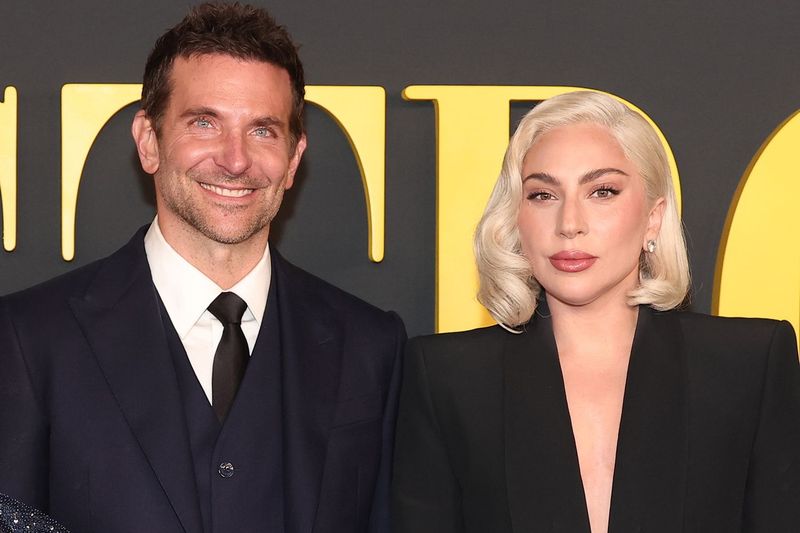
It turns out that writing a hit song doesn’t just mean fame, awards, and endless radio play—it can also mean a trip straight to the courtroom. Over the years, some of the world’s most popular tracks have faced accusations of plagiarism, unauthorized sampling, or “subconscious inspiration.” And the results? Multi-million-dollar lawsuits, broken friendships, and a reminder that in the music business, originality is everything.
1. “My Sweet Lord” – George Harrison
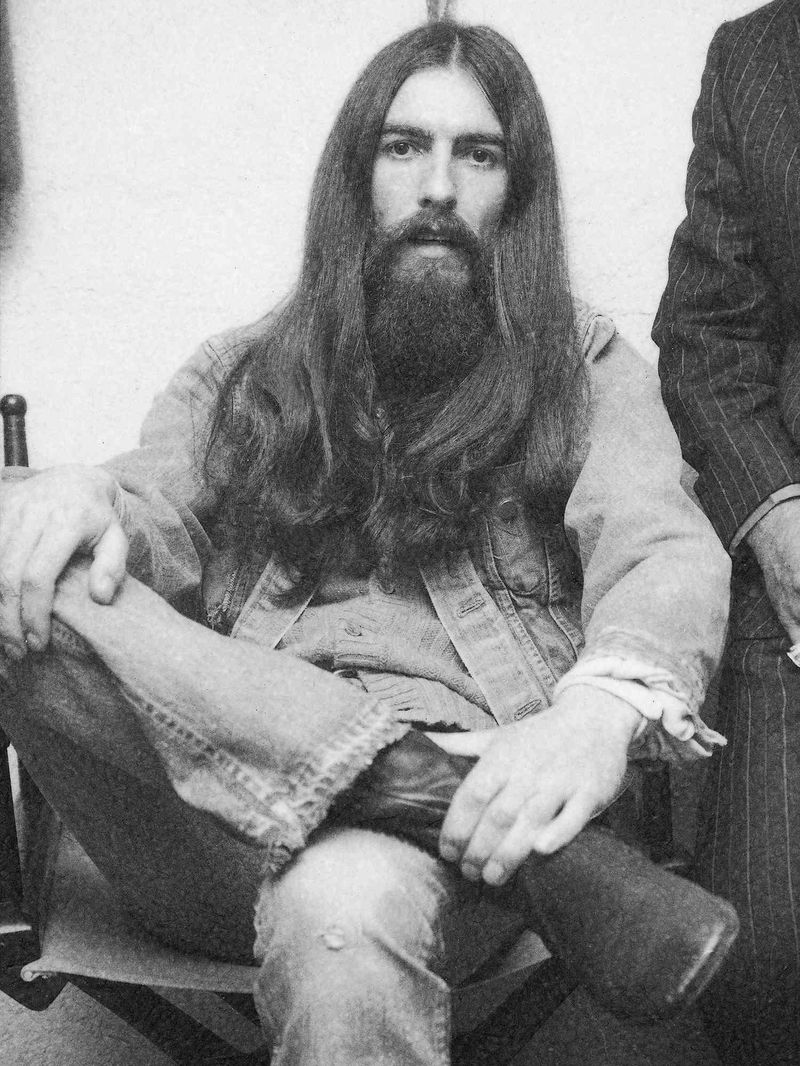
George Harrison thought he was sharing a spiritual message through “My Sweet Lord,” but instead he found himself in one of music’s most famous legal battles. The problem? The melody bore a striking resemblance to The Chiffons’ hit “He’s So Fine.”
A judge ruled that Harrison committed “subconscious plagiarism,” meaning he didn’t intentionally copy the song but still owed damages. The lawsuit dragged on for years, costing Harrison both money and reputation.
To make matters even messier, former Beatles manager Allen Klein ended up purchasing the rights to “He’s So Fine” while still representing Harrison. That twist turned the case into an even bigger soap opera. In the end, Harrison paid up, and the case became a textbook example of music copyright disputes.
2. “Bitter Sweet Symphony” – The Verve
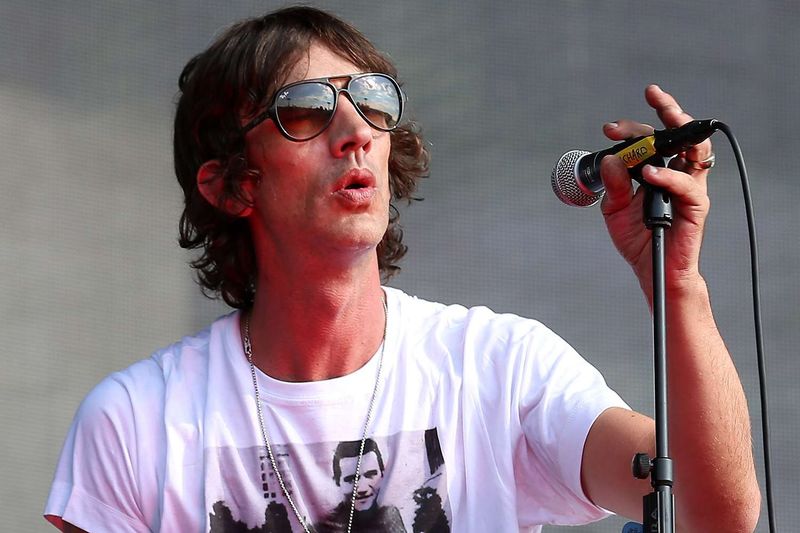
The Verve’s “Bitter Sweet Symphony” is one of the most recognizable songs of the 1990s, but for years, the band earned almost nothing from it. The reason? They used a sample from an orchestral version of The Rolling Stones’ “The Last Time,” and the rights dispute quickly escalated.
The Stones’ management argued that The Verve used “more than agreed upon,” leading to the band being forced to sign over all royalties. Mick Jagger and Keith Richards were even listed as co-writers, despite doing none of the creative work.
It wasn’t until 2019—over two decades later—that Richard Ashcroft finally regained the rights. By then, the song had already become legendary, both for its haunting sound and its devastating lawsuit.
3. “Ice Ice Baby” – Vanilla Ice

When Vanilla Ice dropped “Ice Ice Baby,” it became the first hip-hop song to hit No. 1 on the Billboard Hot 100. But its infectious bassline came straight from Queen and David Bowie’s “Under Pressure”—without permission.
At first, Vanilla Ice tried to argue the notes were slightly different, but the world wasn’t buying it. The threat of a lawsuit pushed him into a settlement, and the original artists were credited retroactively.
The controversy overshadowed his short-lived career, and “Ice Ice Baby” is now often remembered less as a rap milestone and more as a cautionary tale. Still, it gave us one of music’s funniest courtroom defenses: the infamous “ding, ding, ding-ding-ding” explanation.
4. “Dazed and Confused” – Led Zeppelin

Led Zeppelin’s reputation for borrowing heavily from other musicians came under fire again with “Dazed and Confused.” The song was originally written and performed by folk singer Jake Holmes, who released it in 1967.
When Zeppelin recorded their version two years later, the similarities were undeniable. However, the band didn’t initially credit Holmes. He eventually filed a lawsuit in the 2010s, decades after the song had become a classic.
The case was eventually settled out of court, but it fueled ongoing debates about Zeppelin’s pattern of “borrowing” from blues and folk musicians. For fans, it was another reminder that even rock’s greatest legends had shadows trailing their success.
5. “Dark Horse” – Katy Perry
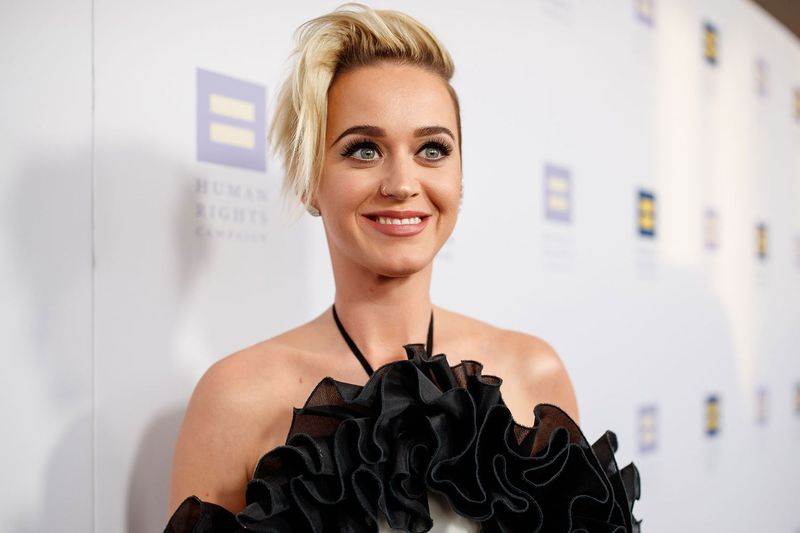
Katy Perry’s “Dark Horse” wasn’t just a radio smash—it was also at the center of one of the most expensive copyright cases in pop history. A Christian rap group claimed the song copied elements of their track “Joyful Noise.”
In 2019, a jury initially sided against Perry, slapping her with a $2.8 million judgment. But after appeals, the ruling was overturned, saving her from paying millions.
The lawsuit raised big questions in the industry about how much musical overlap is coincidence versus theft. For Perry, it was a hard reminder that even the most polished pop songs can lead to messy legal headaches.
6. “Stronger” – Kanye West
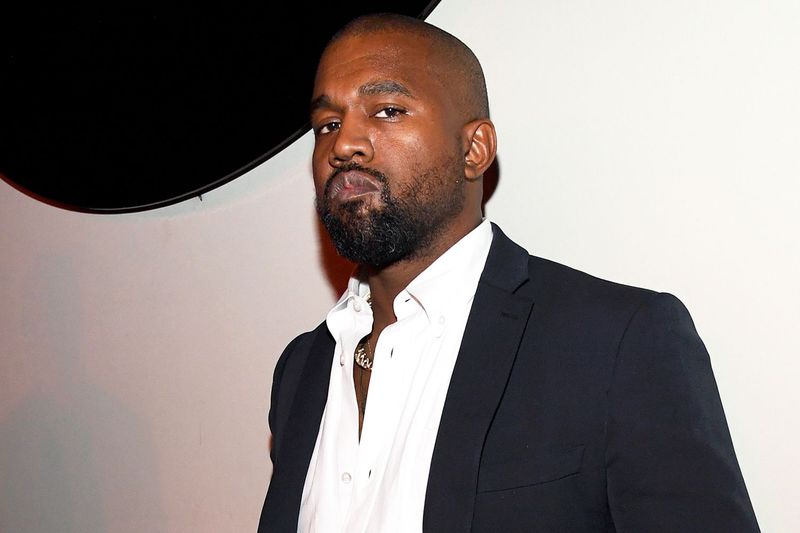
Kanye West’s “Stronger” sampled Daft Punk’s “Harder, Better, Faster, Stronger,” but that wasn’t the only legal headache. The real lawsuit came from songwriter Vincent Peters, who claimed West copied lyrics from his track, also titled “Stronger.”
Although the case was eventually dismissed, it highlighted how complicated copyright law can get when multiple layers of music, sampling, and songwriting overlap. West did secure clearance from Daft Punk for the beat, but the lyric dispute added unnecessary drama.
For West, the case was just another day in a career full of controversy. Still, “Stronger” remains a cultural milestone—and a reminder that sometimes being a perfectionist with samples and lyrics can land you in hot water.
7. “Blurred Lines” – Robin Thicke / Pharrell Williams
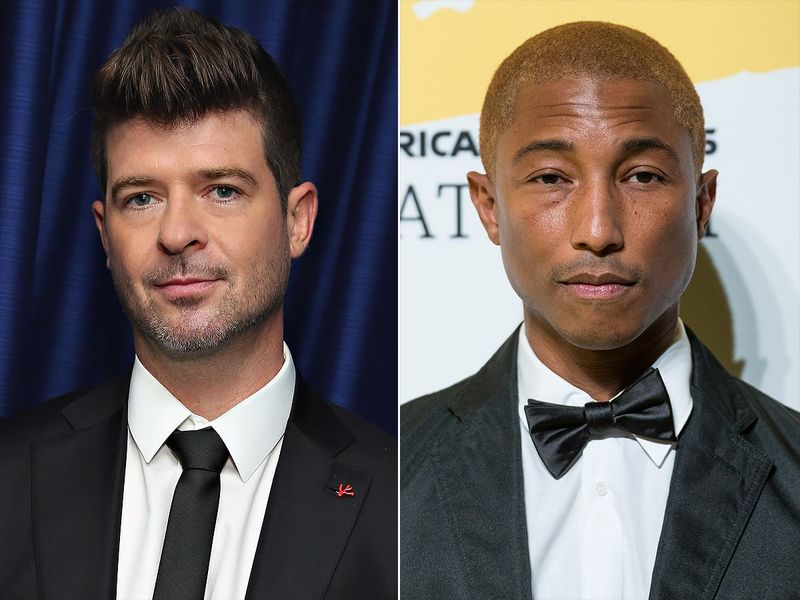
Few music lawsuits have caused as much debate as “Blurred Lines.” The hit was accused of ripping off Marvin Gaye’s 1977 classic “Got to Give It Up.” Thicke and Pharrell argued that they only borrowed the vibe of the track, not the notes.
In 2015, a jury sided with the Gaye estate, ordering the duo to pay $5 million in damages. Critics worried the verdict blurred the line between “influence” and “infringement,” setting a dangerous precedent for creativity.
The controversy turned “Blurred Lines” into a cautionary tale for songwriters. It also became proof that even Grammy-winning producers like Pharrell aren’t immune to courtroom losses.
8. “Carry On Wayward Son” – Kansas
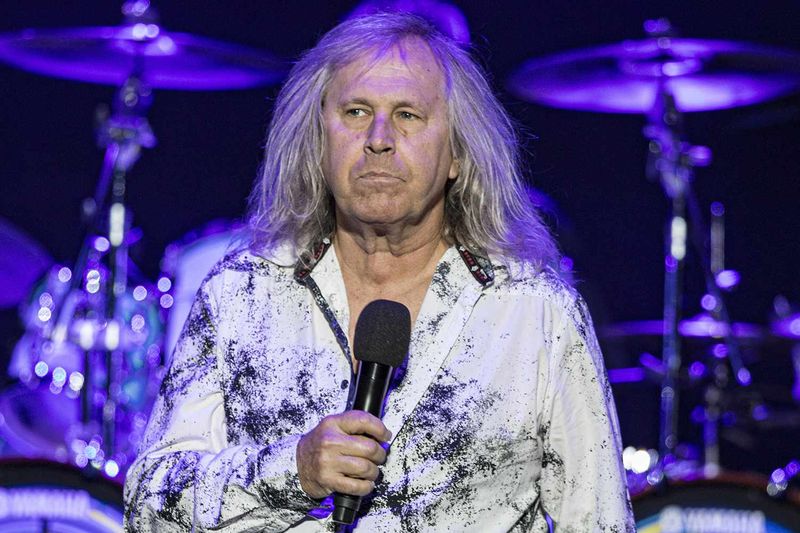
Kansas’s legendary rock anthem “Carry On Wayward Son” became the subject of legal wrangling decades after its release. The dispute centered on royalty allocations and claims from former band members who felt cut out of profits.
Unlike some plagiarism cases, this battle wasn’t about stolen melodies but rather about ownership rights. Musicians often part ways, but when one song becomes iconic, the money tied to it can fuel endless fights.
For fans, the case didn’t diminish the power of blasting this rock classic in the car. But for the band, it was another example of how success can spark long-term legal headaches over who gets what slice of the pie.
9. “We Can’t Stop” – Miley Cyrus
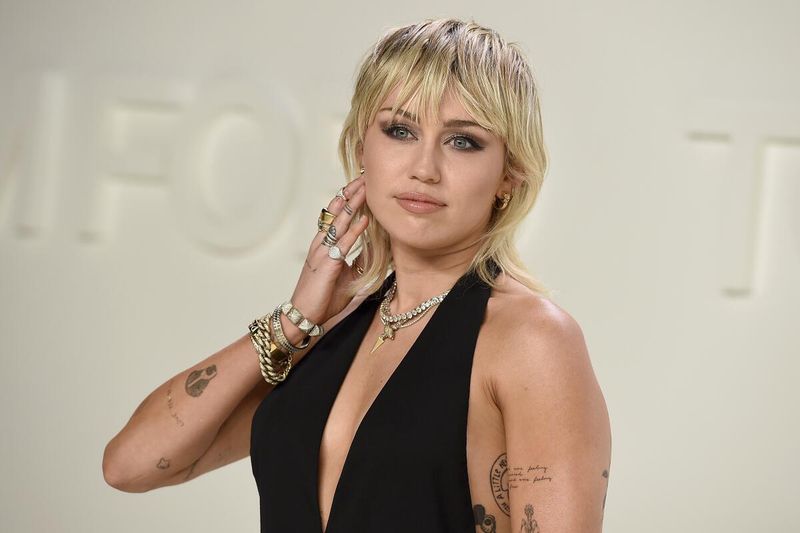
When Miley Cyrus reinvented herself with “We Can’t Stop,” the song’s rebellious energy helped cement her edgy image. But songwriter Michael May (a.k.a. Flourgon) claimed the track stole key lines from his 1988 Jamaican hit “We Run Things.”
The case centered on the phrase “we run things, things don’t run we.” May argued Cyrus lifted the lyric directly. In 2020, the lawsuit was settled for an undisclosed amount.
The drama didn’t derail Cyrus’s career, but it served as a reminder that even one catchy lyric can land a superstar in a messy courtroom fight. For Flourgon, it was proof that a small reggae hit could make waves decades later.
10. “Oh, Pretty Woman” – 2 Live Crew
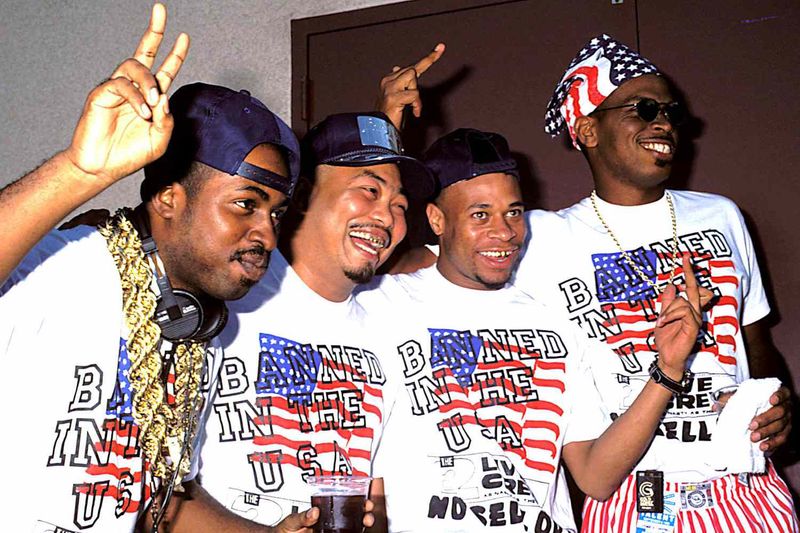
Roy Orbison’s original “Oh, Pretty Woman” was a classic, but when 2 Live Crew released a raunchy parody version in 1989, the publishers sued for copyright infringement.
The case escalated all the way to the U.S. Supreme Court. In a landmark decision, the court ruled in favor of 2 Live Crew, establishing that parody can be a form of “fair use.”
The ruling became one of the most important legal precedents in music history. For 2 Live Crew, the case cemented their reputation as troublemakers in the industry. For everyone else, it set the stage for modern artists to push creative boundaries without fear of constant lawsuits.
11. “Ghostbusters” – Ray Parker Jr.
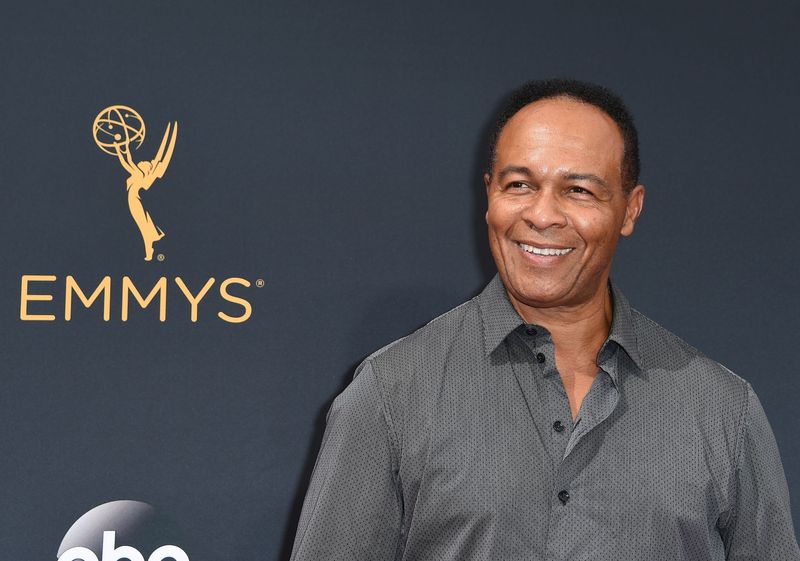
When Ray Parker Jr. created the iconic “Ghostbusters” theme, audiences loved it—but Huey Lewis wasn’t impressed. Lewis claimed the song borrowed heavily from his hit “I Want a New Drug.”
The case was settled out of court, with the terms kept private. But years later, Lewis let slip in an interview that Parker had paid damages. Parker responded by suing him for breaching the confidentiality agreement.
The legal back-and-forth only added to the legend of the “Ghostbusters” theme. Even today, people debate whether the two songs sound suspiciously alike. Either way, it proves that even movie soundtracks can become courtroom fodder.
12. “Da Ya Think I’m Sexy?” – Rod Stewart

Rod Stewart’s disco-inspired “Da Ya Think I’m Sexy?” was an instant hit, but critics noticed it sounded very similar to a song by Brazilian musician Jorge Ben.
Stewart admitted the melody was borrowed, but claimed it was unintentional. To avoid drawn-out court battles, he donated all royalties from the song to UNICEF. The case fizzled out, but the damage to his credibility lingered.
Ironically, the scandal didn’t ruin the track’s popularity—it remains one of Stewart’s most iconic songs. But for him, it was a tough reminder that blending inspiration with originality is a fine line in music.
13. “Shallow” – Lady Gaga & Bradley Cooper
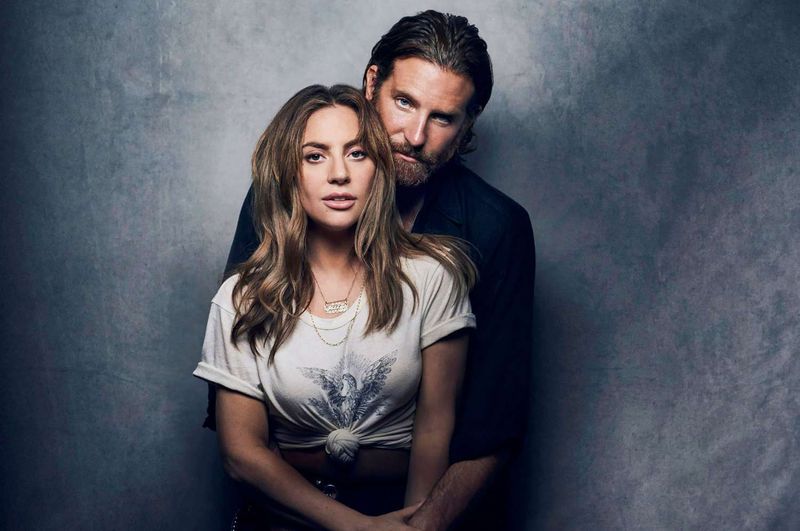
Lady Gaga and Bradley Cooper’s Oscar-winning hit from A Star Is Born wasn’t immune to controversy. In 2019, songwriter Steve Ronsen claimed “Shallow” stole its opening chord progression from his little-known track “Almost.”
The lawsuit quickly became messy, with Gaga’s team dismissing the claim as a publicity stunt. Experts pointed out that the progression was so common it couldn’t be owned.
Although the case fizzled, it highlighted how even the smallest similarities can trigger lawsuits when a song becomes massive. For Gaga, it was a frustrating distraction during what should have been a career highlight.
14. “Creep” – Radiohead

Radiohead’s breakout hit “Creep” faced its own plagiarism battle shortly after release. The Hollies sued, claiming the track borrowed too heavily from their 1974 song “The Air That I Breathe.”
Radiohead ended up settling, with Hollies members Albert Hammond and Mike Hazlewood receiving co-writing credits and royalties. Ironically, years later Radiohead sued Lana Del Rey, claiming her “Get Free” sounded like “Creep.”
It was a full-circle moment that proved even bands accused of copying can later accuse others of the same. “Creep” remains one of Radiohead’s most famous songs—but it also carries the baggage of one of rock’s most awkward legal twists.
15. “Rodeo” – Garth Brooks
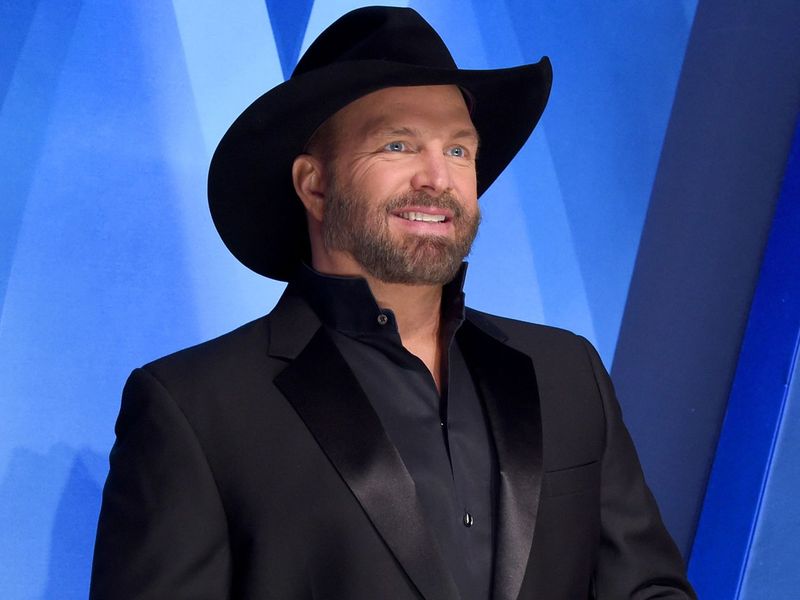
Country superstar Garth Brooks faced a lawsuit over his hit “Rodeo,” with songwriter Guy Drake claiming it plagiarized his tune “Old Rodeo Cowboy.”
Brooks denied any wrongdoing, but the case stirred up debates about how much overlap is inevitable in country music, where themes of cowboys, rodeos, and heartbreak often repeat.
Though the lawsuit was ultimately dismissed, it reminded the music world that even within genres that rely heavily on tradition, originality is still fiercely protected. For Brooks, the dust settled quickly, and “Rodeo” remains a beloved staple of his catalog.
16. “Uptown Funk” – Mark Ronson & Bruno Mars
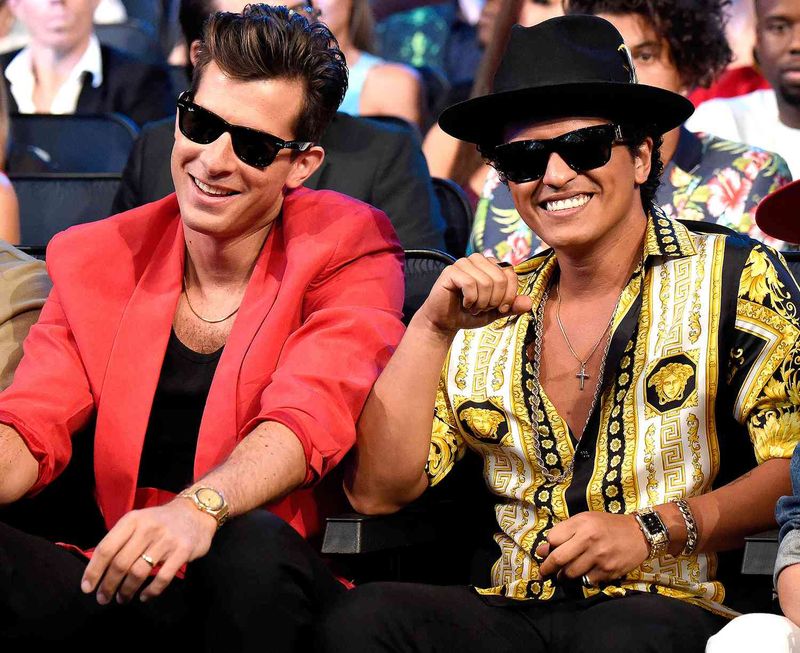
“Uptown Funk” dominated charts worldwide, but success came with lawsuits. Several funk bands, including The Gap Band and Collage, claimed the track borrowed too heavily from their songs.
The Gap Band received songwriting credits after a settlement, ensuring a slice of royalties. Collage also filed suit but later dropped it.
While some fans argue the track is more homage than theft, the multiple disputes showed just how tricky funk-inspired pop can be. For Ronson and Mars, the settlements didn’t stop “Uptown Funk” from becoming one of the defining hits of the 2010s.
17. “Thinking Out Loud” – Ed Sheeran
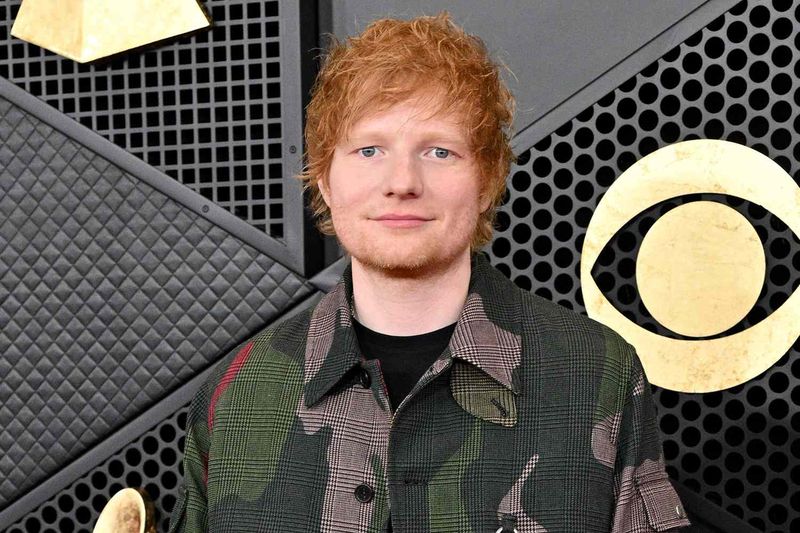
Ed Sheeran’s romantic ballad “Thinking Out Loud” became a wedding staple, but it also sparked accusations of copying Marvin Gaye’s “Let’s Get It On.”
The case dragged on for years, with Sheeran even testifying in court in 2023. He argued the similarities were coincidental and based on common chord progressions. Ultimately, the jury sided with him, clearing him of liability.
Sheeran later admitted the case took a huge emotional toll, saying he felt like a “piggy bank” being shaken. The victory was a relief, but the lawsuit serves as a reminder of how lucrative—and litigious—copyright battles can get.
18. “Folsom Prison Blues” – Johnny Cash
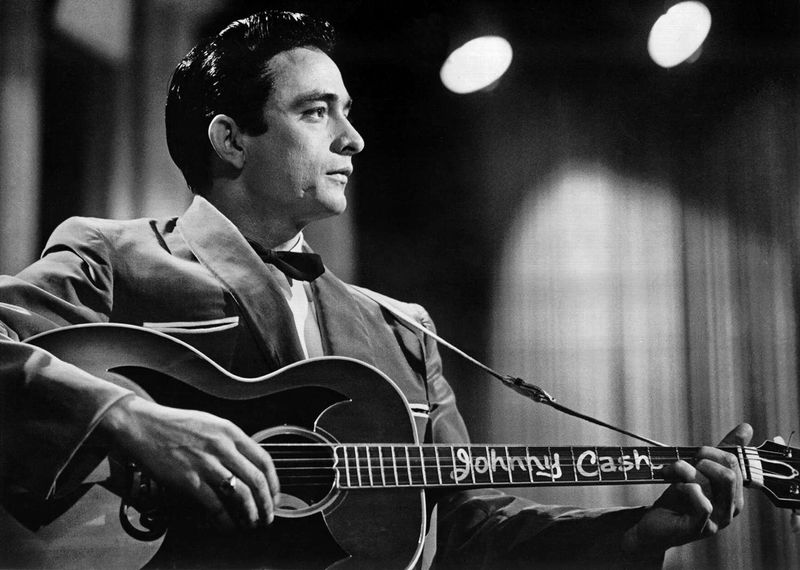
Johnny Cash’s “Folsom Prison Blues” wasn’t entirely his own creation. The melody and lyrics bore striking similarities to Gordon Jenkins’ 1953 track “Crescent City Blues.”
Jenkins sued, and Cash ultimately paid a settlement of about $75,000. While not the most expensive case in history, it was enough to sting.
Despite the controversy, Cash’s version became legendary, overshadowing Jenkins’ original. But the lawsuit shows how even iconic outlaw musicians couldn’t escape the long arm of copyright law.
19. “Shakermaker” – Oasis
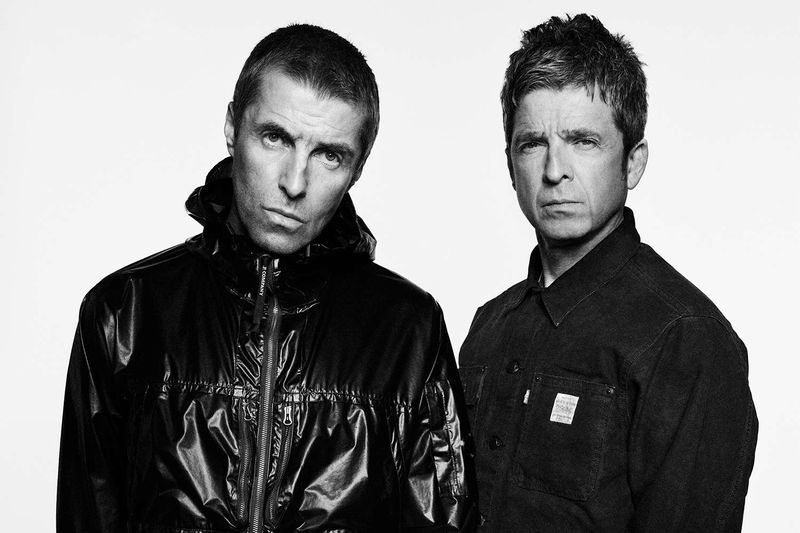
Oasis built a career on swagger, but “Shakermaker” went a step too far. The song’s melody and lyrics closely resembled the Coca-Cola jingle “I’d Like to Teach the World to Sing.”
The beverage giant sued, and Oasis was forced to settle. It wasn’t their only brush with plagiarism accusations, but it became one of their most embarrassing.
For fans, the case just added to the band’s “bad boy” reputation. But for Oasis, it meant coughing up royalties and admitting that sometimes inspiration crosses into imitation.
20. “Love Is a Wonderful Thing” – Michael Bolton
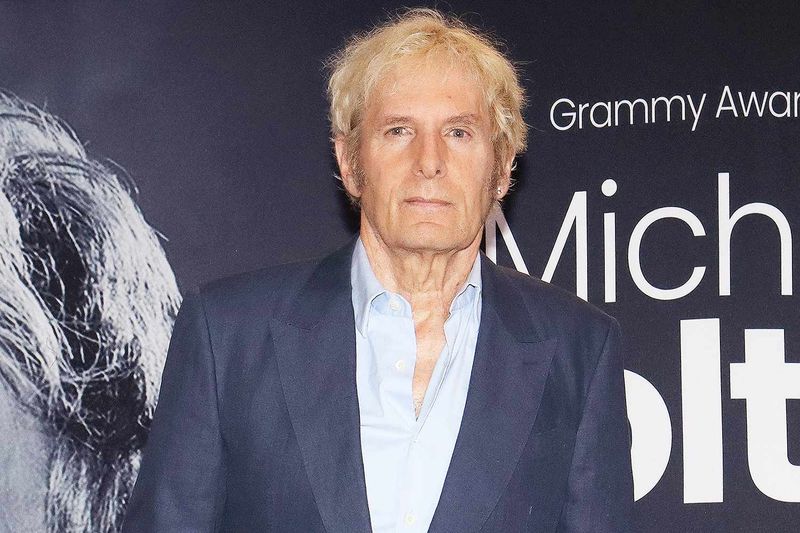
Michael Bolton’s “Love Is a Wonderful Thing” earned him a Grammy nomination—but also one of the costliest music lawsuits in history.
The Isley Brothers sued, claiming Bolton’s version copied their 1966 track of the same name. After years of litigation, a jury sided with the Isleys, awarding them over $5 million.
The verdict stunned the industry, becoming one of the largest payouts for a music plagiarism case. Bolton maintained his innocence, but the case forever linked his hit to one of the most expensive courtroom losses in pop history.
21. “My Humps” – The Black Eyed Peas
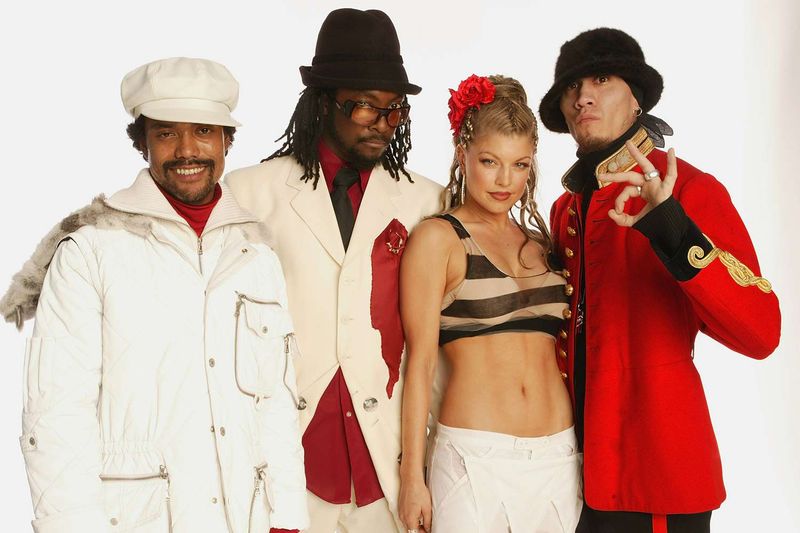
“My Humps” was a cultural phenomenon in the mid-2000s, but it wasn’t all fun and catchy hooks. The song borrowed elements from a track by songwriter John Fogerty, sparking a dispute over originality.
Though the lawsuit never reached the level of some other high-profile cases, it added to the ongoing debate about The Black Eyed Peas’ heavy reliance on sampling and pop formulas.
Despite the drama, “My Humps” went on to become one of the group’s signature tracks. But it also proved that even a silly, dancey earworm can end up with a serious courtroom bill.
22. “Age Ain’t Nothing but a Number” – Aaliyah
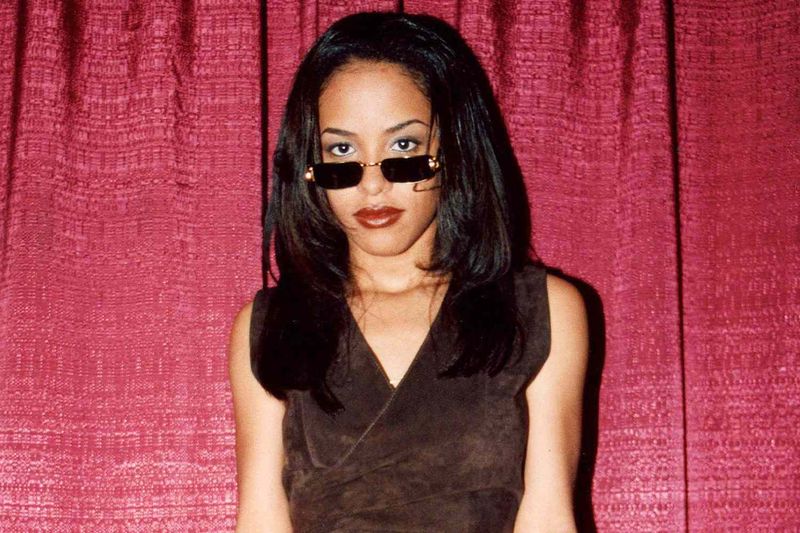
Aaliyah’s breakout ballad wasn’t without controversy. Songwriter Bobby Caldwell alleged the track borrowed heavily from his classic “What You Won’t Do for Love.”
While the lawsuit never reached the massive headlines of other cases, it was enough to highlight how R&B hits of the ’90s often blurred lines between homage and infringement.
For Aaliyah, the case didn’t tarnish her legacy, but it became yet another example of how even rising stars can be pulled into legal disputes. Music history is full of these stories—and her song remains one of the more surprising entries on the long list of courtroom battles.

Comments
Loading…